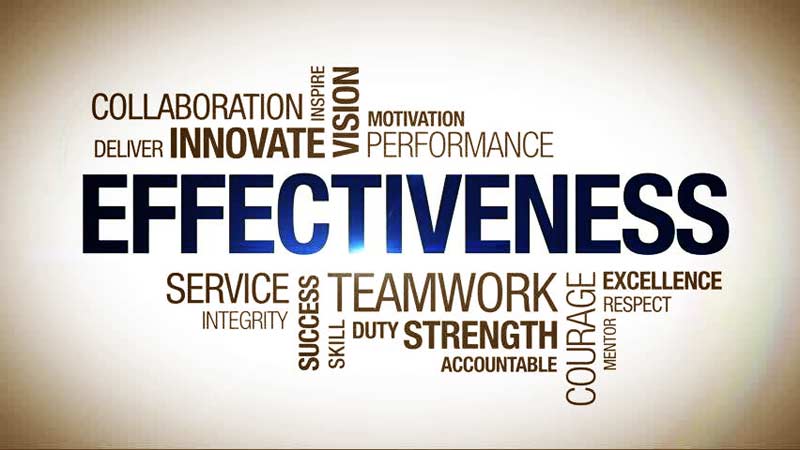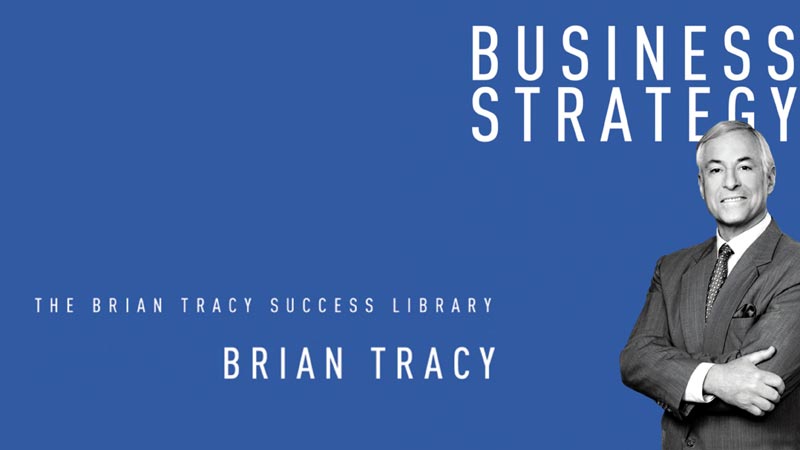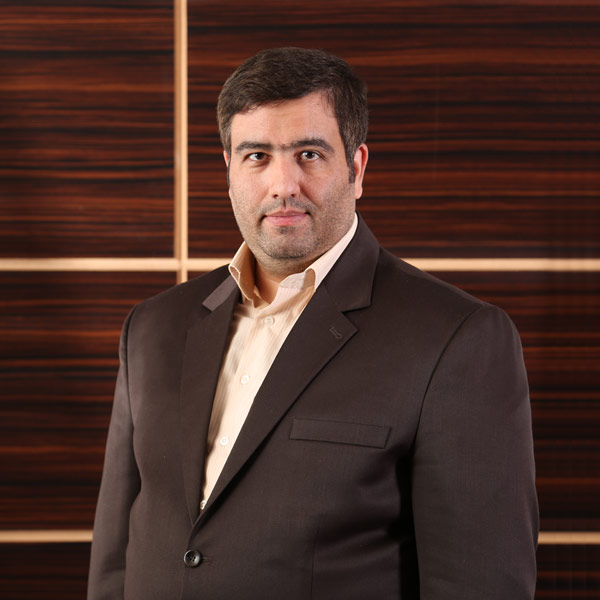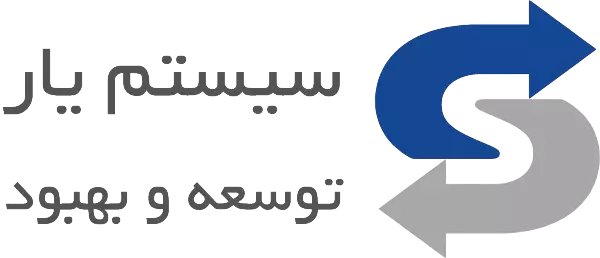

دوره آموزشی با عنوان «۲۱ تکنیک مدیریت راهبردی و تفکر استراتژیک برایان تریسی» توسط آقای برایان تریسی طراحی و ارایه شده است. براین تریسی یکی از کارآفرینان و مدیران آمریکایی است که به گفته خود موفقیت را از مطالعه دقیق قوانین مدیریت و بکارگیری آنها بدست آورده و تجربیات و ماحصل یافته های خود را بصورت مجموعه های آموزشی به مدیران و علاقه مندان کسب و کار ارایه می نماید.
در این دوره، برایان تریسی تکنیکهای بسیار ارزشمندی را برای «بهبود راهبردهای سازمانی شرکتها و بنگاههای اقتصادی» آموزش می دهد که می تواند چراغ راهی برای مدیران، تجار، صنعتگران و کارآفرینان باشد.
این دوره به صورت محتوای متنی به همراه محتوای چند رسانه ای(Multimedia) تهیه شده است و شامل فایلهای صوتی توصیههای برایان تریسی در موضوع تکنیکها و رمز و رازهای موفقیت اقتصادی و مالی شرکتها بوده و به همراه ترانسکریپت(Transcript) یا آوانوشته تک تک فایلهای صوتی به زبان انگلیسی به علاقه مندان تقدیم می گردد.
بنابراین دوره آموزشی فوق برای دو دسته از افراد مفید است؛ اول، آن دسته از افرادی که میخواهند با بهبود راهبردها و استراتژی های سازمانی خود، در دنیای پر از رقابت امروز کسب و کارها کمتر در خطر بوده و در هدایت سازمان خود فعال باشند؛ دوم، افرادی که می خواهند زبان انگلیسی حرفهای را فرا گیرند تا بتوانند در محیط کسب و کار و یا سایر محیطهای حرفه ای، فعالیت نموده و به زبان انگلیسی به طور مؤثر ارتباط بر قرار نمایند.
The race is on. There has never been more competition for profit in business than there is today. And the competition is going to get even more intense in the months and years ahead.
Your host for this program, Brian Tracy, knows what he’s talking about. Like you he has been responsible for every aspect of building and running a profitable business. Brian has met with the customers, made the sales, and gone back to collect on the receivables. He has borrowed from the banks, personally guaranteed is loans, and late awake at night figuring out how to make payroll.
Brian has also built several businesses from scratch, starting off with an idea, and a bit of borrowed money. He has studied and practiced the best techniques ever discovered for building a high profit business, and he’s taught these strategies to tens of thousands of business people and entrepreneurs worldwide. In the process, he has become a self-made millionaire.
You can save yourself years of hard work and frustration by applying these 21 great ideas for higher profitability. They can change your business life forever. Now, here’s Brian Tracy.
Hello, I’m Brian Tracy and welcome to this program. Over the last 25 years, I have worked with hundreds of businesses, large and small, from entrepreneurial startups, to Fortune 500 corporations.
I’ve read thousands of books and articles, taken a Master’s Degree in Business, and consulted with more than 500 different businesses and organizations. I’ve saved or made my clients many many millions of dollars over the years, by helping them to apply the ideas that you’re going to learn in this program.
The fact is that 20% of the businesses in any industry make 80% of the profits in that industry. Some companies selling very much the same product or service in the same market, earn 10 times as much as other companies.
The question is why is it that some businesses are more profitable than others? We know that there is a cause and effect relationship between corporate activities and profitability. If you do the things that profitable companies do, you soon achieve that kind of profit that profitable companies achieve.
To put it another way, profitability is predictable if you can figure out how and why it occurs in your business or industry. Perhaps the most important single factor in determining the profitability of a business is the quality of the thinking of its management and leadership. In high profit companies, the top people are focused on performance, results, and profitability, every day, all day long.
According to the Menninger Institute the most important single quality an executive can develop is the quality of flexibility. In times of turbulence and rapid change such as today, your ability to remain fast, fluid, and flexible is absolutely indispensable to the survival and to success of your business. The very best thinking tool for ongoing flexibility is what I call zero-based thinking.
This requires that you continually ask yourself this question over and over. Is there anything that I am doing in my business today that knowing what I now know, I wouldn’t start up again today, if I had to do it over. Whenever you are experiencing stress, frustration, resistance, or poor results, either with products or services or people, you should stop and ask yourself this question. Is there anything that I’m doing today that knowing what I now know, I wouldn’t get into again today if I had to do it over.
The inability to stop doing things that are no longer working and to discontinue people who are no longer performing, is the primary reason for failure in business. On the other hand, your ability to be fast and flexible in the face of this dynamic market environment is the key to your success and to the success of your business.
To put these 21 power principles into action, you must be open to the possibility that what you are doing today is no longer working or working as well in the current situation. You must learn to make the following three statements, over and over again, for the rest of your business life.
First, you must learn to say the words, “I was wrong!” According to the Best Management Research, fully 70% of your decisions will turn out to be wrong in the fullness of time in any case. The sooner you realize that you are on the wrong road and admit it, the sooner you will turn back and the faster you will get to your destination of business growth and high profitability.
Second, you must be willing to say the words, “I made a mistake.” The fact is that people around you are usually aware that you have made a mistake and they are just waiting for you to have the courage and character to face up to it. The sooner you admit that you have made a mistake and stop doing whatever it is, the faster you move toward your real goals. A major key to success in business, investing, and life is for you to cut your losses when you realize that you’re going in the wrong direction.
The third statement that you must learn to say, over and over again is, “I changed my mind.” The superior executive is always willing to change his or her mind in the face of new information that challenges the old ideas or the established way of doing things.
The faster you change your mind and get back to doing what works, the less stress you will have and the more effective you will be. When you make a decision to set performance, results, and profitability as your highest goals in business management, and you’re willing to let go of the things that are not working in order to embrace the new things that might work even better, you are on the road to building a high profit business.
Here are the 21 great ideas for high profitability, based on more than 50 years of research with many thousands of corporations. The absence of any one of these 21 ideas can, in itself, undermine your profitability and even lead to the collapse of the enterprise.
For you, your business, and your people to perform at a high level, everyone needs a clear vision of what the business stands for and where it is going. The first question you have to answer when defining your mission is this: “Why does your business exist at all?”
A mission must always be defined in terms of how your business serves and benefits other people. A good mission statement will contain a method by which the mission is to be achieved. In addition, a good mission statement will contain a measure so that an objective third party can assess whether or not the business is living up to the mission that it set for itself.
In a study of what Ken Blanchard called the “Fortunate 500” analyst discovered that the top 20% of companies, in every industry, over a 30-year period, had clear written values and principles that everyone knew and was committed to. In addition, the successful companies had a mission statement that everyone agreed to. Other companies had values and missions as well they found, but either they were not written down or nobody really knew what they were.
For example, to apply for the Baldrige Award for Quality, you must fill out a 50-page application form and then invite Baldrige inspectors to walk around your company for several months. The inspectors are empowered to stop any employee, at any level, and ask that employee what the values, vision, and mission of the company are. And here’s the kicker. 95% of all the employees that the Baldrige inspectors interview must be able to give the answer without referring to notes.
Establishing a clear mission for your company, based on the values that you believe in and which you refuse to compromise, is the equivalent to digging a deep concrete foundation for a building before you begin construction. The good news is that, you can go back at any time and build this foundation and begin putting your business future on a solid basis.
So, what are your corporate values? What is your vision for your company in the years ahead? What is your mission and how will you know that you have accomplished it? Why does your company exist in the first place? What great service is your enterprise committed to offering to the world? These are the most important questions of all in building a high profit business.
It is absolutely amazing how many people are not quite sure what business they are in, even though they work in that business all day long. Now, you always define your business from the point of view of your customer. You always define the business you are in in terms of what your products or services do for your customer. What effects do your products or services have in the lives and work of your customer? What are the specific benefits that your customers enjoy from using your products or services?
For example, at one time the railroads dominated cross country transportation in the United States. But the defined themselves as being in the business of running railroads. In reality, their mission, their purpose should have been to move people and freight over long distances in the very best way possible, at the very best prices. But, because their vision of their business was so limited, bus companies, trucking companies, shipping companies, and eventually airline companies were able to move in and dominate the transportation industry, especially in the high profit areas of moving people and moving mail.
So, what business are you in today, from the point of view of your customer? In addition, what business will you be in tomorrow with the way things are going in your industry? Or, what business should you be in if you want to survive and thrive in this dynamic and competitive environment? And finally, what business could you be in if you were to make the critical changes necessary to lead your field?
Remember, the very best way to predict the future is to create it. And, as Michael Kamay, the strategic planner once said, “Those who do not plan for the future cannot have one.”
Whatever business you are in today, it is probably going to change dramatically in the years ahead. Your job is to be a master of this change, not a victim. Determining exactly the business you are in, and being willing to change to be a major player in this business is a major key to your profitability.

کارشناس ارشد مدیریت بازرگانی
مسلط به زبان انگلیسی و IT
سابقه مدیریت در شرکتهای خصوصی و دولتی
